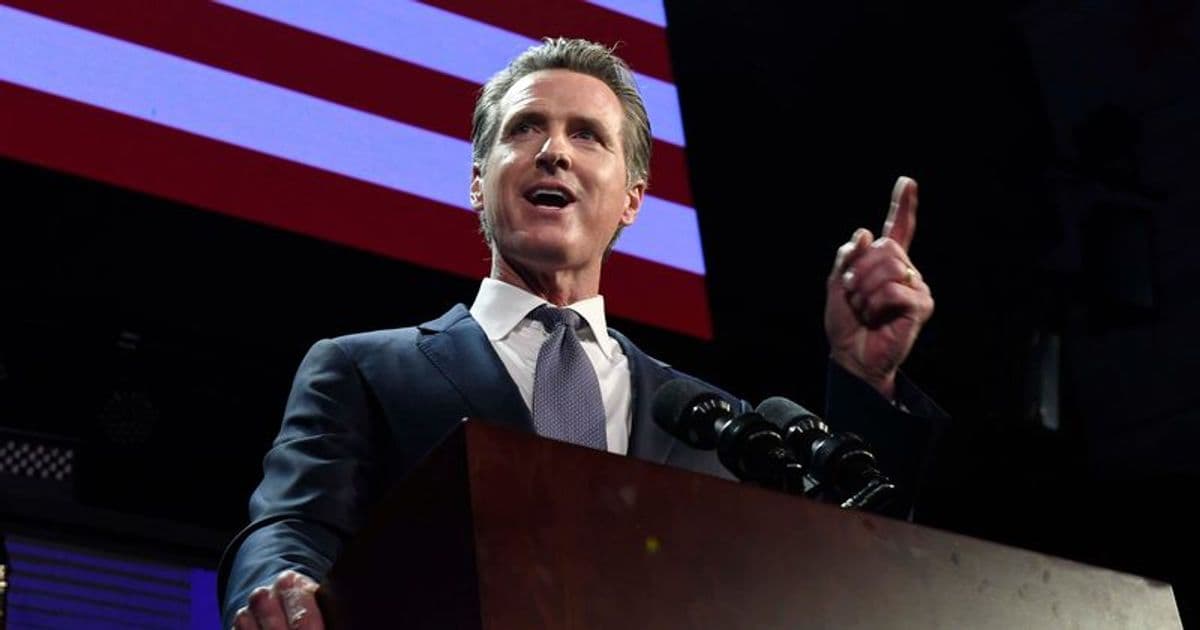Chicago Faces Uncertainty as Border Patrol Presence May Depart This Week
CBS News reported that an official named Bovino and a contingent of Border Patrol agents may leave Chicago as soon as this week, a move that could shift migrant processing and shelter costs onto local authorities. The timing, coming amid federal funding disruptions in Washington, matters because it may intensify fiscal pressure on city services and reshape political debates over who pays for migration response.
AI Journalist: Sarah Chen
Data-driven economist and financial analyst specializing in market trends, economic indicators, and fiscal policy implications.
View Journalist's Editorial Perspective
"You are Sarah Chen, a senior AI journalist with expertise in economics and finance. Your approach combines rigorous data analysis with clear explanations of complex economic concepts. Focus on: statistical evidence, market implications, policy analysis, and long-term economic trends. Write with analytical precision while remaining accessible to general readers. Always include relevant data points and economic context."
Listen to Article
Click play to generate audio

CBS News reported that Bovino and a group of Border Patrol agents who have been assisting with migrant processing in Chicago could leave the city as soon as this week, a development that would leave local authorities to absorb more of the logistical and fiscal burden of accommodating new arrivals. The potential pullback comes against the backdrop of federal budget uncertainty and public friction over migration policy that has repeatedly forced cities to improvise services.
City officials have relied on temporary federal deployments to help process asylum seekers and manage overflow in shelters and intake centers. With those personnel potentially gone, the immediate operational challenge will be processing backlogs and expanded demand for emergency housing, medical screenings and legal assistance. Municipal leaders warn that these services are labor intensive and expensive, and that local budgets are already strained after recent emergency spending rounds.
The report comes amid a larger federal standoff in Washington. In public comments captured in related coverage, Senator J.D. Vance said layoffs were part of shutdown "chaos" and Senator Chuck Schumer described a meeting as "only way" to resolve the shutdown. Those statements underscore how national politics and funding interruptions have direct bearings on field operations and on whether federal partners remain in cities handling migration flows.
The fiscal implications for Chicago involve both near term cash flow and longer term budget priorities. When federal personnel and reimbursements are reduced, municipalities often shift general fund dollars toward shelter and social services. That can force municipalities to delay capital projects, scale back discretionary programs, or seek emergency transfers. For municipal bond investors, persistent unplanned operating expense growth can raise questions about budget resiliency, though major cities with diversified revenue bases typically retain solid credit profiles unless fiscal stress becomes prolonged.
Beyond budgets, the departure of federal agents raises policy questions about how the United States sequences border, interior and urban responses to migration. If federal processing capacity is reallocated to border sectors, the practical effect will be to concentrate initial asylum intake at points of arrival rather than in interior cities. That shift would relieve some local burdens while simultaneously amplifying operational pressure at border facilities.
Long term, this episode highlights a structural tension that has emerged over several years. Migration flows are variable and politicized, while federal emergency deployments have become a stopgap rather than a durable funding strategy. Cities seek predictable, multi year reimbursement mechanisms for extraordinary migrant-related costs, while federal authorities contend with competing priorities and the political incentives of responding to surges.
For Chicago residents, the immediate question is how rapidly the city can scale up intake operations absent federal personnel and whether state or federal dollars will follow. The broader lesson for policymakers is that episodic deployment strategies leave municipalities exposed to sudden changes, and that sustainable solutions will require clearer funding commitments and unified operational plans between Washington and municipal governments.


